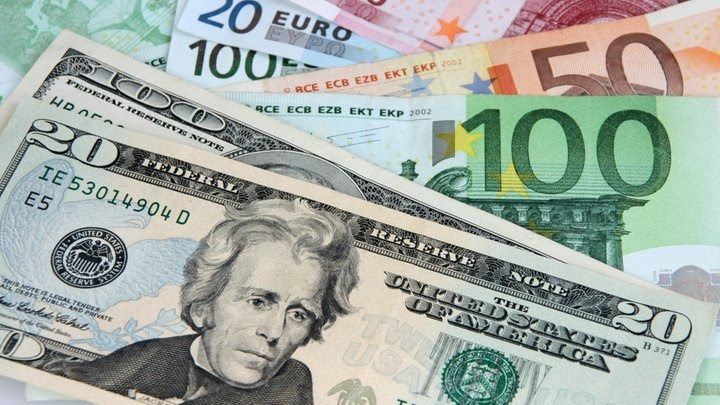FXOpen

The Euro began to move yesterday during the course of all three trading sessions, and the move was downward toward a possible parity with an ever-strong US Dollar.
The US Dollar's strength over the past few weeks despite the economic challenges faced within the United States economy has been of great interests to commentators and analysts, especially its strength against the Euro and British Pound, despite the European Central Bank having only made one interest rate rise; the first in 11 years, whereas the US Federal Reserve has made several.
This time, however, the Euro's worsening performance can possibly be attributed to the pipeline which transmits natural gas from Russia to Germany closing for 10 days for annual maintenance.
The official line may be that the closure of the pipeline is for scheduled maintenance, however many market analysts have noted that investors and market participants are concerned that it may have more to do with the current geopolitical turmoil between Germany and Russia's respective governments and could represent a further restriction on the supply of gas to mainland Europe by Russian gas companies.
If that were the case, the genuine concern that the Eurozone could be tipped further into a recession, when it is already in financial strife, hence the weakening value of the Euro which is displaying the sentiment of a bearish market.
This week began with a low note for the Euro as it was trading down 0.8% at $1.0107 per dollar during Monday's session thanks to the US Dollar's broad gains as risk aversion gripped investors.
Nervousness surrounding the energy suppliers is now more of an issue than any announcement by the European Central Bank relating to possible measures to curtail inflation.
Raw materials are already stretching the boundaries of affordability across the Eurozone. In France, a liter of fuel for a car currently costs between 2.1 and 2.3 Euros, which is very expensive indeed, and prices for home energy are also up.
Should the gas issue be genuinely politically motivated, the bearish sentiment is perhaps not surprising, especially if this carries on until winter when natural gas usage for home heating resumes.
This article represents the opinion of the Companies operating under the FXOpen brand only. It is not to be construed as an offer, solicitation, or recommendation with respect to products and services provided by the Companies operating under the FXOpen brand, nor is it to be considered financial advice.
Stay ahead of the market!
Subscribe now to our mailing list and receive the latest market news and insights delivered directly to your inbox.








